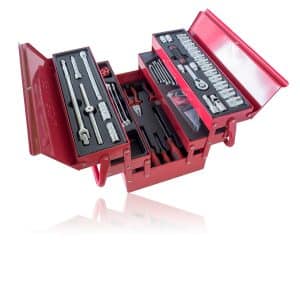Does NLP work?

Neurolinguistic Programming (NLP) has been around as a discipline since 1975. It has gone through a great deal of change and development since that time. The question many ask is ‘does NLP work’? Or is it just another an example of the placebo effect?
Placebo is an effect whereby a person’s condition, mental or physical, is improved even though the treatment is not ‘real’. The assumption is that the belief in the effectiveness of treatment is sufficient to make people well.
It strikes me that the placebo effect is, in itself an example of an NLP process at work. One of the core areas of work in NLP is on the way our beliefs affect our outcomes. If we believe something about ourselves, we tend to prove ourselves right. This is either because we tend to create the circumstances to support the belief, or we select the evidence to prove it.
How do you prove it?
It is of deep frustration to me that there appears to be little valuable researchthat asks that simple question: does NLP work? The Wikipedia article on the subject is quite damning but is clearly written with some prejudice, saying that any evidence is anecdotal and seeming to imply that NLP can’t be effective because it can’t be proved to be effective – if I understand it right – which seems tautological.
Extreme promises of curing cancer and other serious illnesses do not help the situation. These claims are ludicrous and dangerous and they are not confined to NLP. Other therapies sometimes make similar claims.
On the other hand it would be arrogant of me to declare that I have seen some dramatic inprovements and changes in my clients over the many years I have worked.
It is true, I have! But it is understandable that you might not take my word for it.
Does NLP work in all cases?
NLP is a very powerful toolkit for personal change. Just like a toolkit, no matter how good the tools are, you need to know which to use, and how. If you try to remove a nail using a drill, you may be effective, but it might cause a lot of unnecessary collateral damage. Sometimes the job doesn’t even require one of those tools at all. If you can’t open a door, you could remove the hinges with a screwdriver, but it might be easier to just get some oil from the garage.
When I work with clients I use my knowledge, skills and experience to choose the right approach and the right toolset for the task. Sometimes a person needs coaching, and at other times she needs an intervention. There are also times when we just need to thrash things out and get things off our chests. As with so many things, it comes to NLP the 80/20 principle applies – 20% of the success is the toolset and 80% is the practitioner. How many of us have learned the hard way that all garage mechanics are not equally effective?

